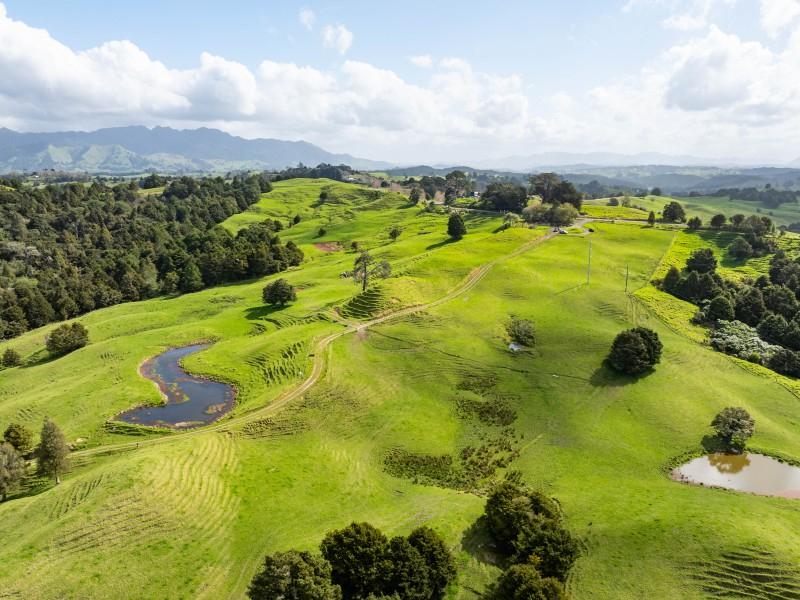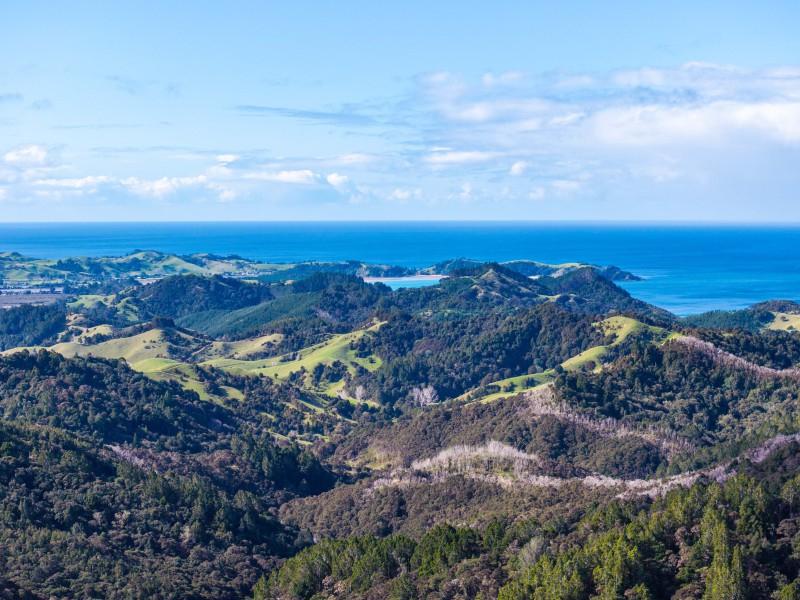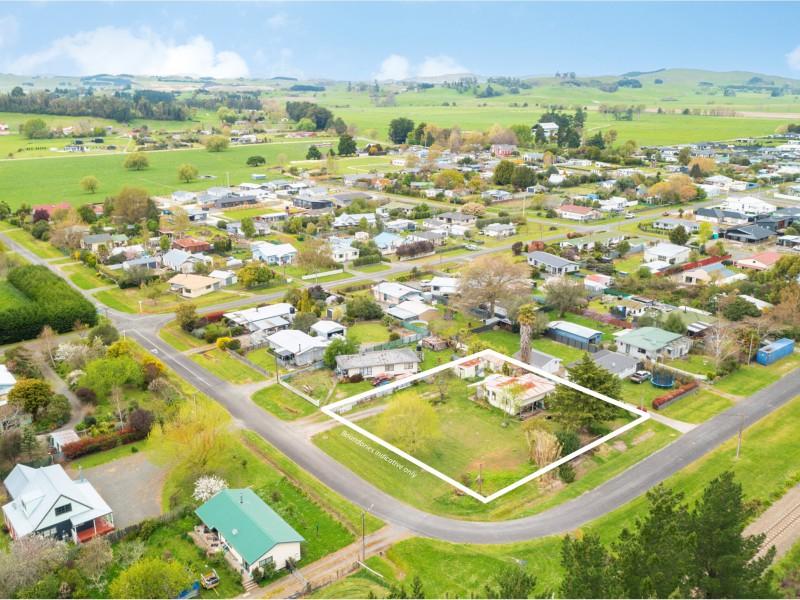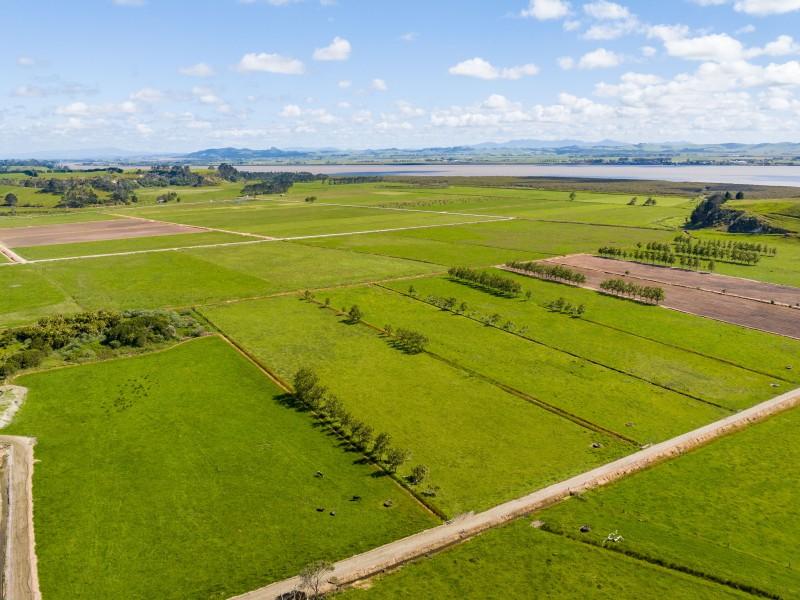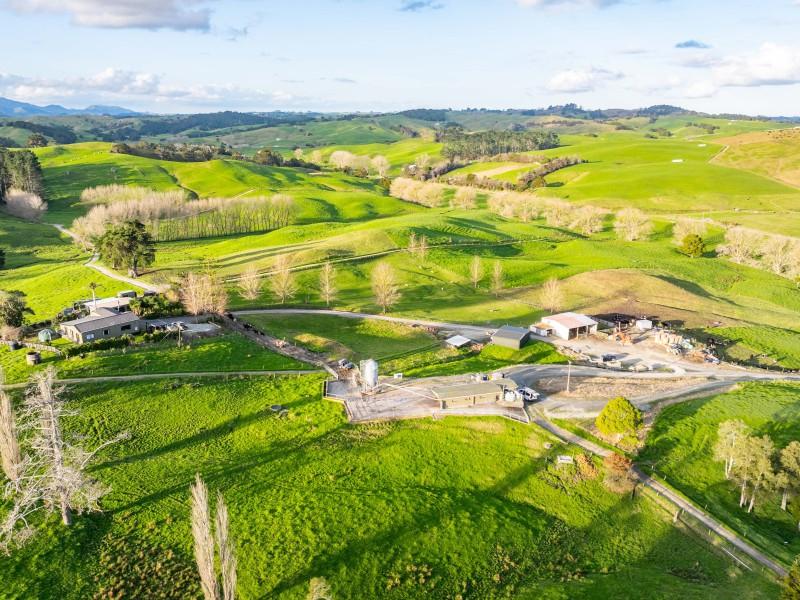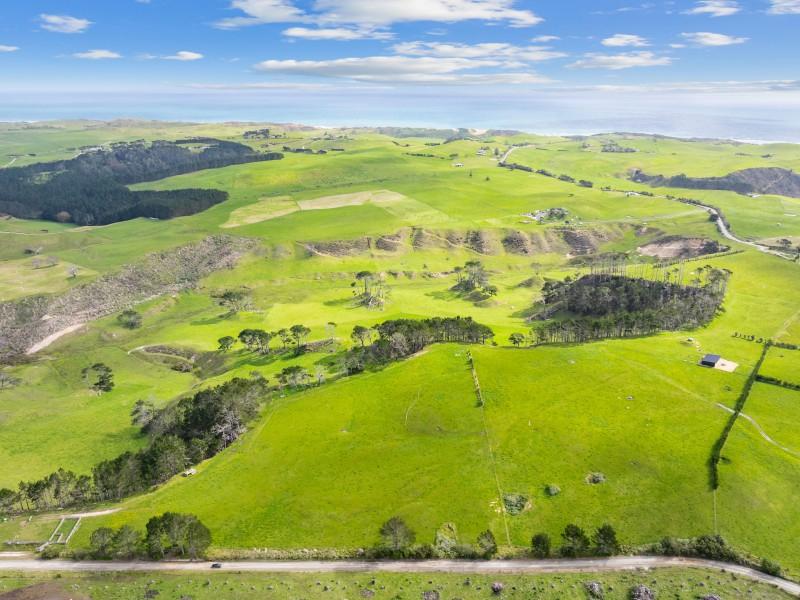Native Planting at Hikurangi Primary School
What an awesome day spent with Hikurangi Primary School on Wednesday 3rd July. We met some amazing kids and a very supportive and encouraging staff who allowed us to help plant almost 1000 native trees alongside the students at their school.
The casket company we use - Return to Sender, has been donating a tree for each casket sold since 2007 and as of June 2019, they have donated a total of 12,596 trees. A couple of years ago, they realised anyone could plant a tree - but wondered what did that actually achieve? Nothing if it isn’t educating the future caretakers of our land. In 2017, Return to Sender officially partnered with 'Trees for Survival'.
Trees for Survival is a charitable trust that delivers an educational environmental programme in schools. It sees students growing and planting native trees to restore natural habitats by helping landowners revegetate erosion-prone land, improve stream flow and water quality and increase biodiversity.
Once a month, Return to Sender donates money towards the cost of native plants to the Trees for Survival on behalf of the families who have chosen a Return to Sender casket. One casket = 1 tree donation.
The students involved in the TFS environmental education programme, receive locally sourced seedlings at the beginning of every year, nurturing them until ready for planting. Planting days consist of many different native plants; including Mānuka, kānuka, flax and tī kōuka (cabbage tree) that are suitable for the area that they will be planted.
Return to Sender supports schools in Whangarei, Auckland, Waikato, Bay of Plenty and Wellington. The Funeral Homes that provide the caskets are then invited to volunteer with Return to Sender, on planting days within their local areas.
Tī kōuka / cabbage tree: These are good colonising species, growing happily on bare ground or exposed places. Their strong root system helps stop soil erosion on steep slopes and because they tolerate wet soil, they are a useful species for planting along stream banks. The trees were also planted to mark trails, boundaries, urupā (cemeteries) and births, since they are generally long-lived
Mānuka & kānuka: These plants can act as an important tool for re-vegetating bare, eroded slopes. By creating shade and shelter from the wind, they provide an excellent nursery for other, slower growing native plants. Unlike many other native plants, mānuka/kahikātoa and kānuka are not usually eaten by browsing animals like sheep, cattle and goats. This is another reason that these plants are useful in restoration projects.
Harakeke/flax: These bushes will often support a large community of animals, providing shelter and an abundant food resource. Harakeke attracts native birds such as Tui, Bellbirds/ Korimako, Saddlebacks/Tīeke, short tailed bats/Pekapeka, geckos and several types of insects that enjoy nectar from its flower.
Again, we are blown away by how wonderful the staff and students were. Well done guys! Keep up the hard work!
What workplace change would you like to see most?
This coming Monday is Labour Day in New Zealand. This public holiday marks when the eight-hour workday and 48-hour workweek became law in 1899. The idea started with Samuel Parnell, a carpenter in Wellington, who in 1840 refused to work more than eight hours a day. Since skilled workers were in short supply, his employer had to agree.
As more skilled workers arrived, employers tried to change working conditions, but Parnell and others kept pushing for better rights. In 1890, Parnell led a Labour Day parade of 1,500 people to promote the eight-hour day. He passed away shortly after, and nine years later, Labour Day became an official public holiday.
Do you feel that we have reached the ideal in working environments yet? What rights are you passionate about relating to employment? Share your thoughts!
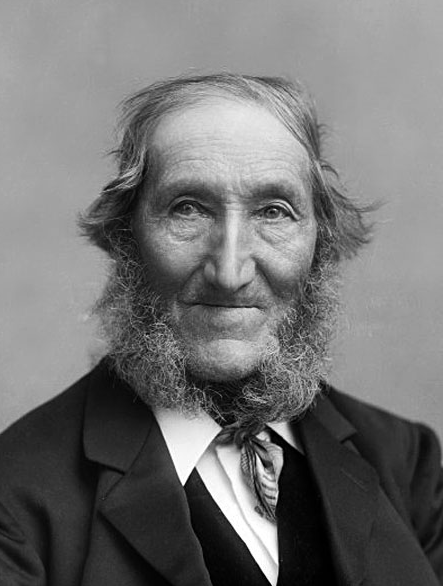
Poll: Does grocery bagging affect where you shop?
There's only a few differences between our larger chain supermarkets here in New Zealand. Having someone bag your groceries is one of them.
Does having your groceries packed for you at the checkout influence where you do your grocery shop? If so, tell us why.

-
24.1% Yes
-
75.1% No
-
0.7% Other - I'll share below
Six tips for improving security around your home
1) Improve outdoor lighting
Ensure that streets, driveways, and front yards are well-lit. Motion-sensor lights around homes deter trespassers by reducing hiding spots and illuminating their movements.
2) Trim your trees
Overgrown shrubs and trees provide cover for intruders. Keeping them well-trimmed around windows and doors improves visibility and reduces potential hiding spots.
3) Secure Entry Points
Ensure doors, windows, and gates are always closed when you are away from the house. Upgrade to more secure locks, deadbolts, or even smart locks for added protection.
4) Add a security camera
Place security cameras in the main entry points to your home. Doorbell cameras are also relatively cheap and a great way to keep track of who is visiting your home when you aren't there.
5) Start a Neighborhood Watch Program
You could reach out to members on Neighbourly to form a group of neighbors who can regularly keep an eye out for suspicious activity and report it. You could also check with Neighbourhood Support to see what is existing in your area.
6) Introduce yourself to your neighbours
The closer you are to your neighbors, the more likely they’ll notice when something unusual or suspicious is happening around your property
Feel free to share anything that you do around your area to deter crime.

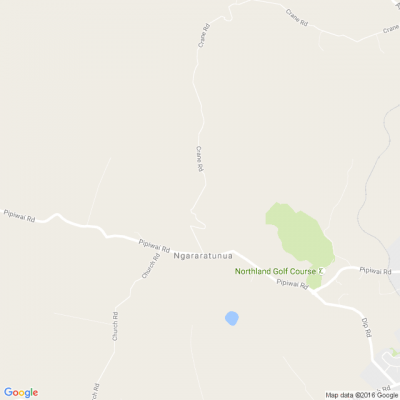
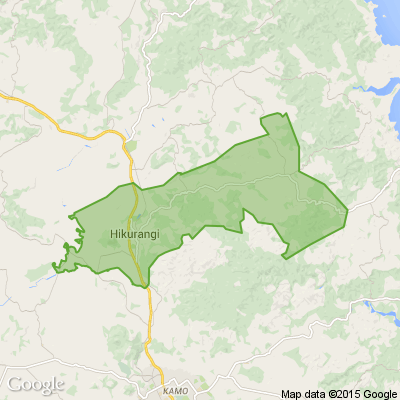





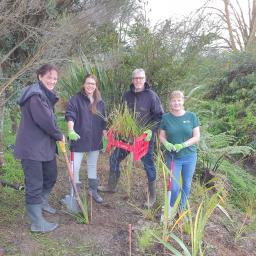
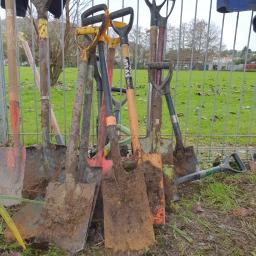

 Loading…
Loading…




